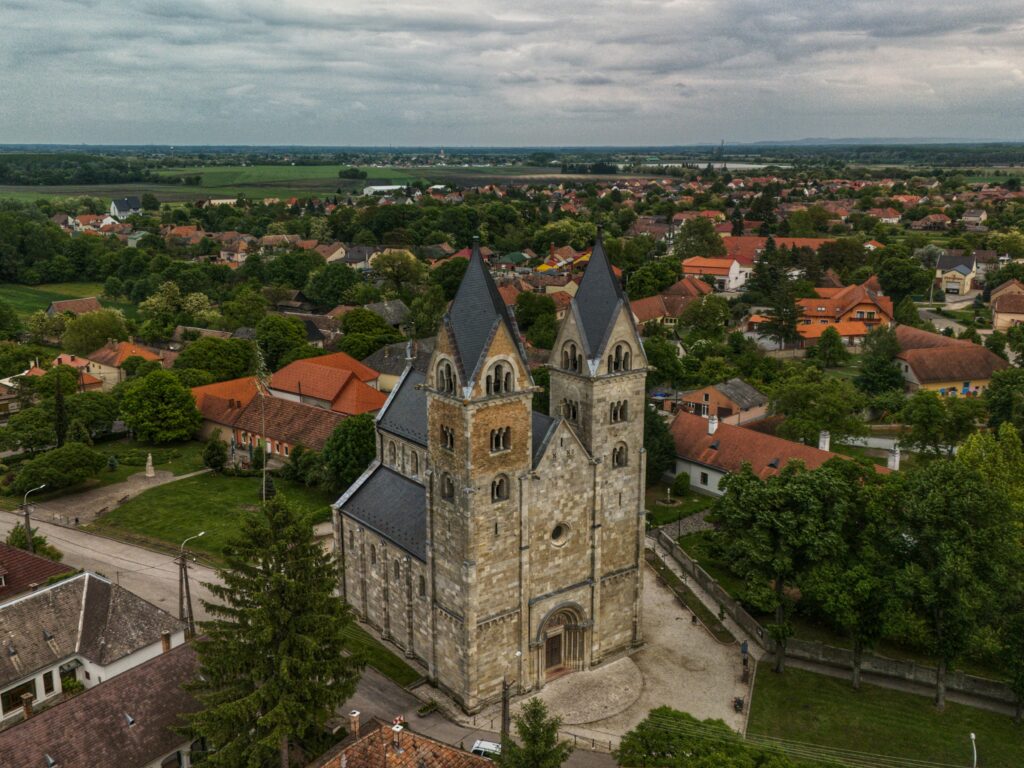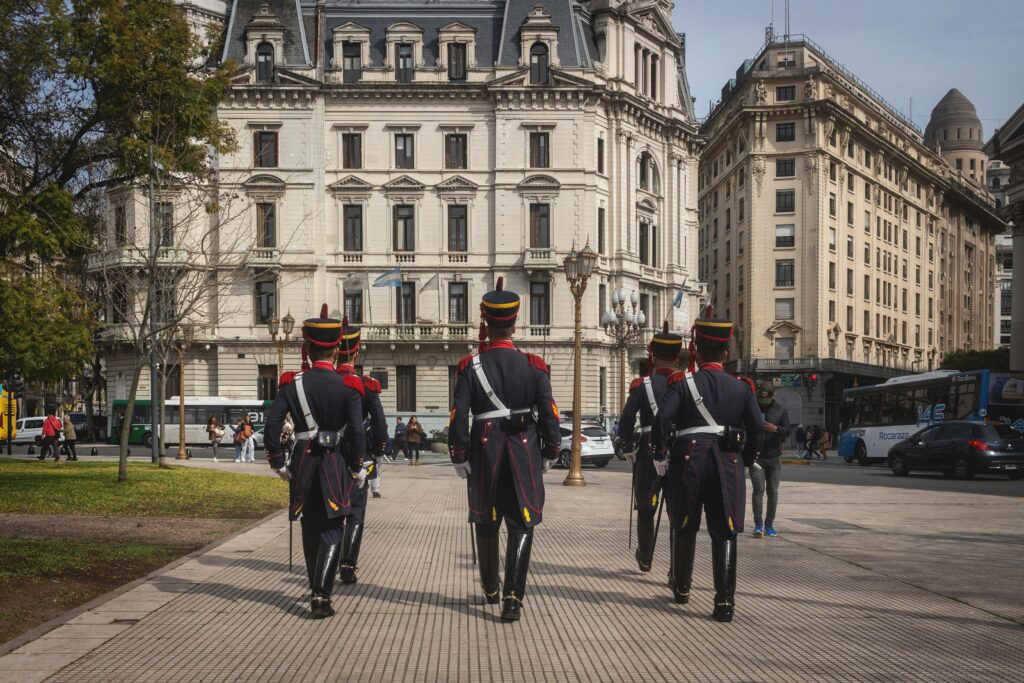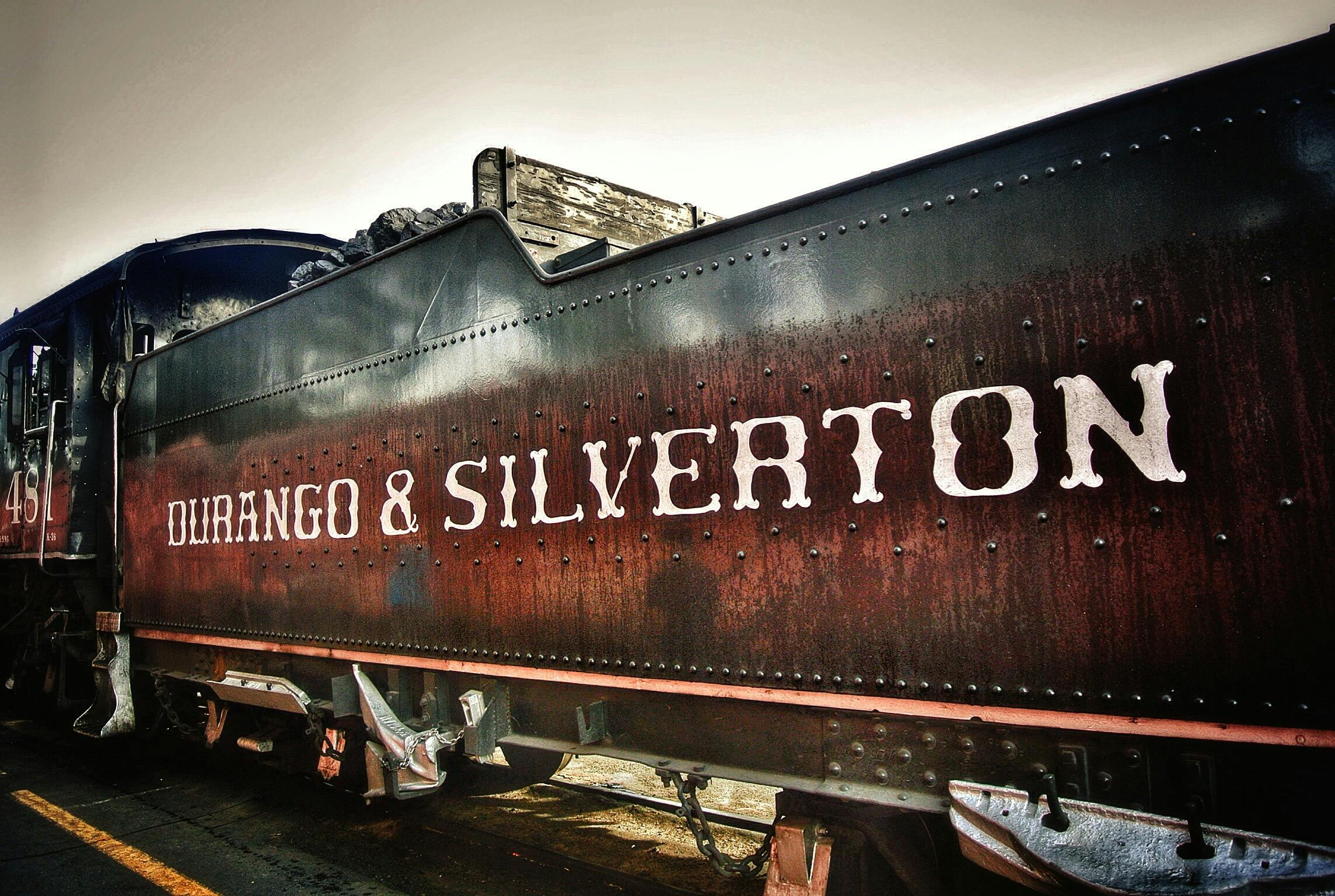As the nation prepares for a downturn in travel this summer, Durango-area experts project only a modest pullback in visitor numbers—and they’re counting on local strengths, creative marketing, and community support to keep the wheels of tourism turning.

A National Slowdown Meets a Rocky Mountain Resilience
While national forecasts from industry analysts predict:
- Flat to modest declines in domestic leisure travel compared to 2024, driven by high fuel costs, persistent inflation, and tighter household budgets.
- Airline passenger volumes plateauing—TSA checkpoint data show fewer growth points—and hotel occupancy dipping by 3–5% on average in gateway cities.
In contrast, Durango-La Plata County Airport has seen 13% growth in passenger traffic year-to-date, outperforming much of the country. Local surges reflect a strong drive market: more visitors arriving by car from nearby markets like New Mexico, Arizona, Denver, and Colorado Springs.
Why Durango Bucked the Trend in Early 2025
- “Correction Summer” vs. Bust
- After an exceptional 2024, when local visitation outpaced statewide averages, Visit Durango forecasts this summer as a normalization—aligning with Colorado’s overall trend rather than collapsing alongside it.
- Robust Airport Metrics
- Despite national airline headwinds, the regional airport’s 13% TSA checkpoint increase underscores sustained demand for fly-in visitors, many of whom connect to the ski season or river trips.
- Drive-Market Advantage
- Proximity to four states makes Durango an ideal road-trip destination. Local campaigns encourage residents to “invite friends and family,” tapping into in-state and neighboring-state traffic.
- Outdoor Experiences in High Demand
- The 150-mile San Juan Mountains, Animas River rafting, and scenic train excursions remain in high demand. The Durango & Silverton Narrow Gauge Railroad reports only a slight dip in reservations—walk-up tickets and last-minute bookings typically fill the gap.
Local Business Perspectives
- Railroad Ride: Al Harper of the Durango & Silverton Railroad notes record ridership in past years. “A slight summer drop isn’t alarming,” he says. “We’re poised for another solid season.”
- Adventure Outfitters: Alex Mickel of Mild to Wild Rafting & Jeep Tours sees mixed results. “Our bookings here are down modestly,” he explains, “but foreign visitors are a small slice of our business—local support and regional visitors carry us through.”
- Hospitality Pulse: Rachel Welsh of Visit Durango urges community engagement: “Economic pressures are real, but by rallying our network—hotels, guides, restaurateurs—we can stabilize visitation and spread benefits locally.”
Proactive Strategies to Sustain Momentum
- “Invite Your Friends” Campaign: Incentivizes locals to host out-of-town guests with discounted lodging and partner-restaurant vouchers.
- Event-Driven Traffic: New festivals—like the August Mountain Music Jam and fall Craft Beer Showcase—aim to smooth peaks and valleys in visitor flow.
- Flexible Packaging: Combo deals bundling train rides, rafting trips, and museum admissions encourage multi-day stays rather than day trips.
- Digital Storytelling: A refreshed social-media push spotlights off-peak adventures (spring wildflowers, autumn elk migrations) to draw shoulder-season travelers.

Emerging Risks: Wildfire and Water
- Early‐Season Drought: Outfitters warn that any extended dry spell could spark wildfires below the 8,500-foot level, deterring visitors.
- Water Levels: The Animas River gauge is closely watched—high flows in spring yield thrilling rafting, but drought-level lows in summer could limit operations.
Local agencies coordinate with fire-management teams and provide real-time updates to guests, ensuring safety remains paramount.
Frequently Asked Questions
Q: How big is Durango’s tourism economy?
A: Last year, visitor spending exceeded $200 million in lodging, dining, and activities—supporting thousands of local jobs.
Q: Should I expect higher prices this summer?
A: Moderate rate increases may occur during peak weeks, but flexible packages and midweek deals help manage costs.
Q: Are there lodging discounts for locals?
A: Yes—many hotels and vacation-rental owners offer “home team” rates to Colorado residents and neighboring-state drivers.
Q: What’s the best way to book summer activities?
A: Reserve online in advance for popular experiences like train excursions and whitewater rafting; walk-up bookings remain possible for less-crowded midweek slots.
Q: How can I support local businesses?
A: Spread the word—invite friends, leave positive reviews, and buy local souvenirs, craft beer, and farm-to-table produce.
Q: Is Durango prepared for wildfire smoke?
A: Outfitters adjust schedules and communicate air-quality updates; many visitors pack masks and plan lower-elevation excursions if smoke rises.
Q: What outdoor events are new this year?
A: The Mountain Music Jam (Aug 8–10) and Craft Beer Showcase (Oct 3–5) both feature local artists, breweries, and family activities.
Q: How are restaurants handling rising costs?
A: Many are emphasizing seasonal, locally sourced menus to control food and labor expenses, while still offering prix-fixe specials.
Q: Will public transportation be available?
A: The Durango Transit System runs shuttles to trailheads and downtown; ride-share services also remain robust.
Q: When does peak season begin and end?
A: Peak summer runs from mid-June through early August; shoulder-season deals are best in late May–early June and September.

Sources The Durango Herald


